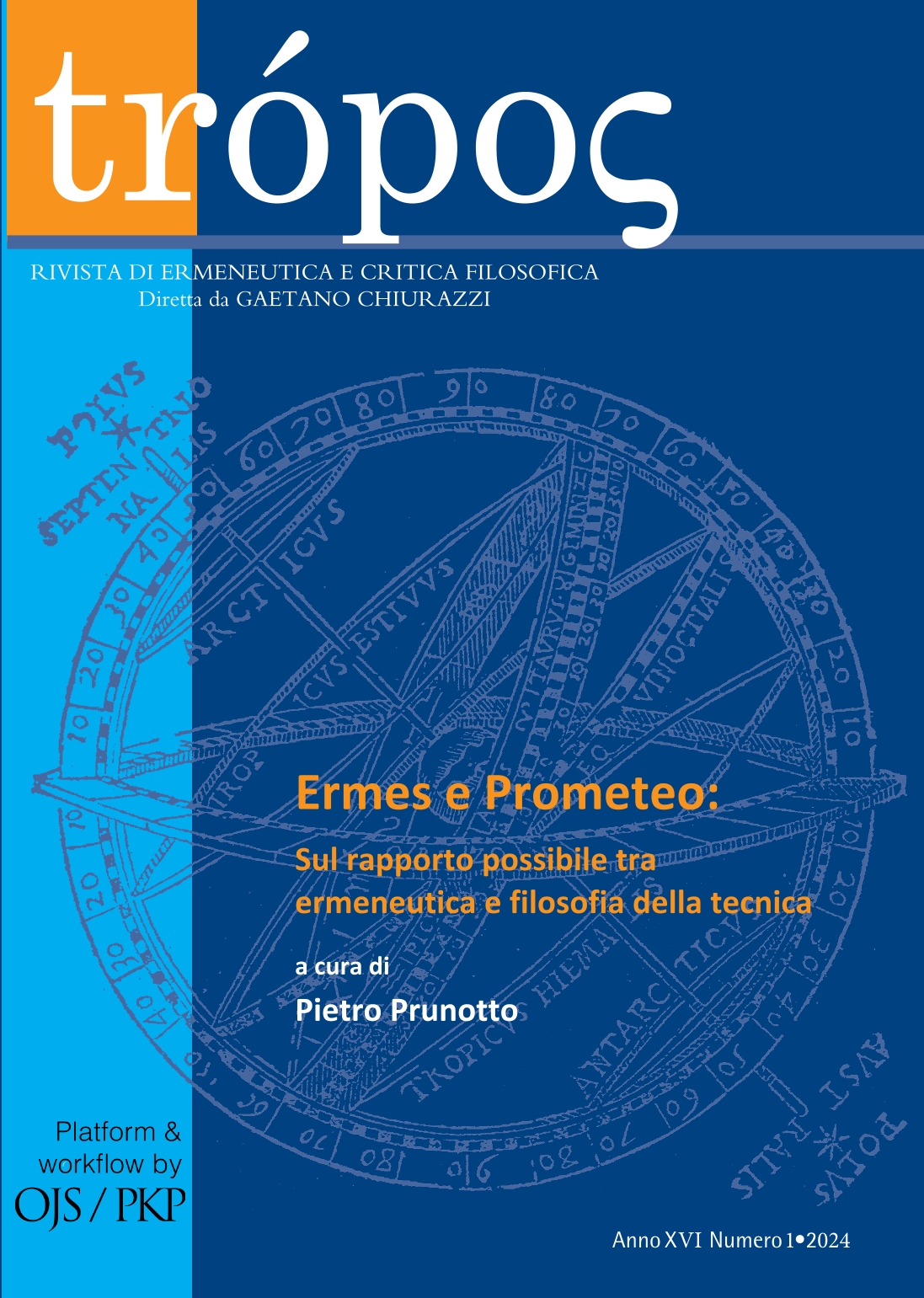Au-delà de la répétition
Deleuze avec et contre Freud
DOI:
https://doi.org/10.13135/2036-542X/11062Parole chiave:
Repetition, psychoanalysis, virtual, pure past, death driveAbstract
This paper explores Gilles Deleuze’s critique of Sigmund Freud’s concept of repetition, particularly in the context of temporality, habit, and the unconscious. While psychoanalysis links the repetition compulsion to the search for pleasure, the tendency to repeat over and over again a past traumatic experience and, finally, on a deeper lever, the drive to return to an inanimate state, the account given by Deleuze in Difference and Repetition is quite different. On the one hand, repetition surely rules the process of psychic individuations but, on the other hand, it never refers to an empirical object or an actual experience – meaning that there is no habit which is repeated for the purpose of obtaining some pleasure, there is no past experience recurring in the present and, above all, the death drive does not correspond to the human need to go back to a purely material inanimate condition.
This perspective allows Deleuze to reinterpret the unconscious as a dynamic force of questioning and problematization, rather than a mere repository of past experiences. This shifts the understanding of psychic life from one of static repetition to one of perpetual novelty and differentiation, challenging traditional psychoanalytic views and highlighting the continuous generation of newness in human desires and behaviors.



